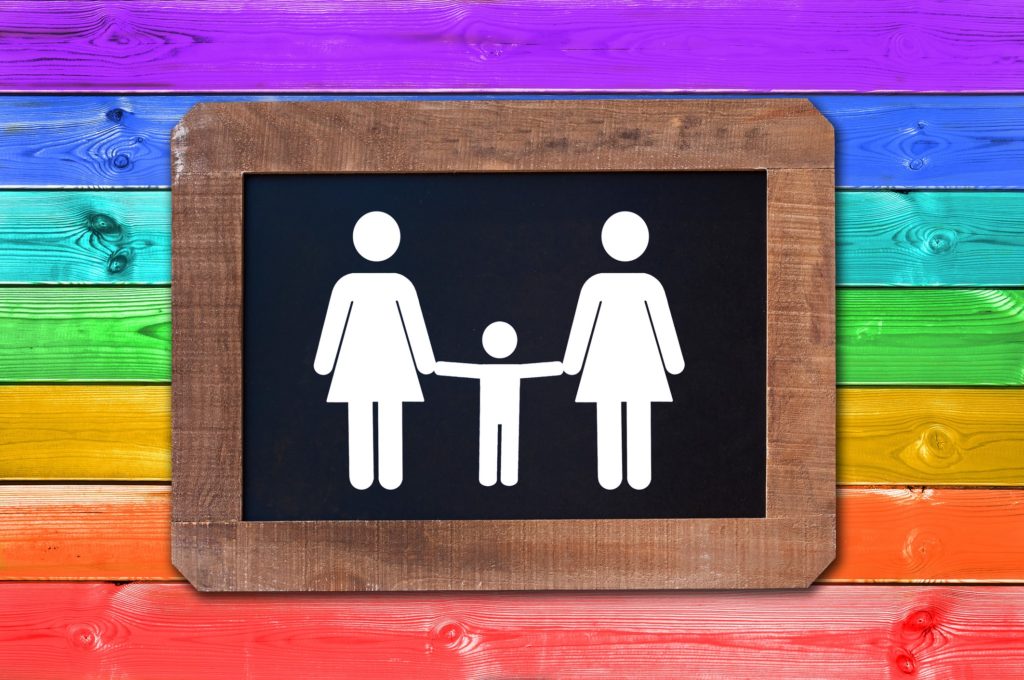An amendment that would allow faith-based agencies to discriminate against LGBTQ couples looking to adopt and punish states that attempt to prevent this from occurring passed the House Appropriations Committee in early July.

The amendment, introduced by Rep. Robert Aderholt (R-AL), would not only prevent states from taking action against agencies that decline to provide services based on their religious beliefs but also would direct the federal government to withhold 15 percent of federal funding from any state that refuses to allow discrimination to take place.
States like New Jersey, California and Rhode Island with laws preventing discrimination on the basis of sexual orientation and gender identity are at risk of funding cuts if the new amendment remains part of the final funding bill for the Departments of Labor, Health and Human Services, and Education.
Continue reading





